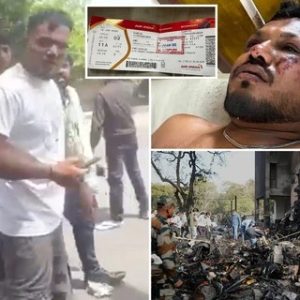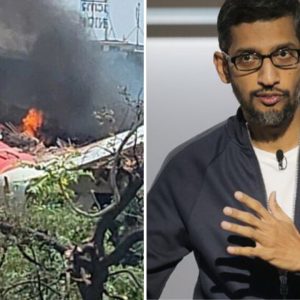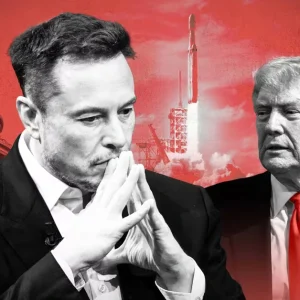In a surprising turn of events, rumors recently circulated claiming that Laos had made a bold decision to shut down Tesla and the US auto industry. These claims sparked widespread speculation and concern about the future of Tesla and American automotive influence in Southeast Asia. However, upon closer examination, these reports are unfounded and part of a broader pattern of misinformation targeting Tesla and its global operations.
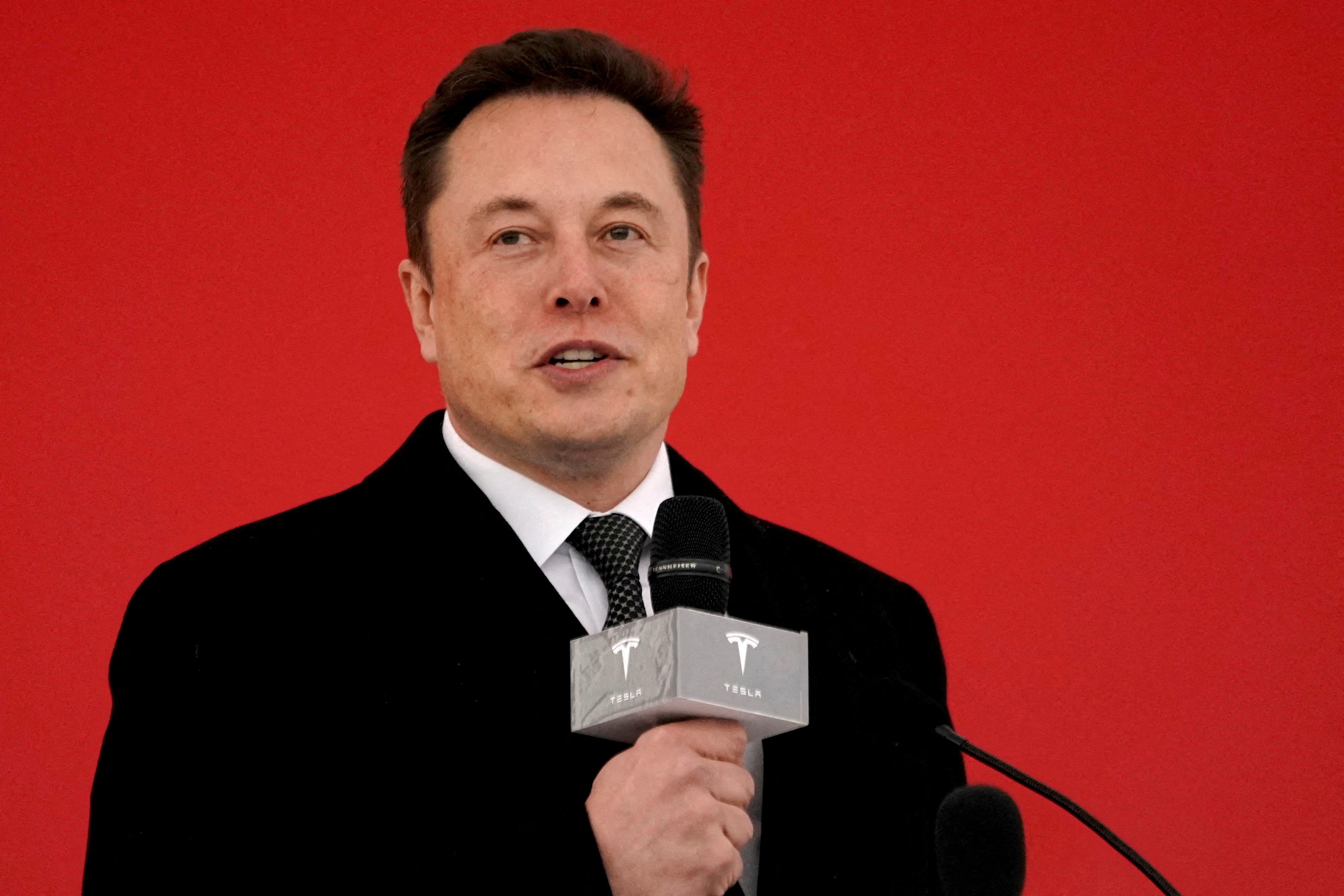
Tesla, led by CEO Elon Musk, has been facing significant challenges worldwide, including declining sales in key markets such as China and Europe. In China, Tesla’s electric vehicle sales have been on a downward trend for eight consecutive months, with a 15% year-on-year drop reported in May 2025. The company’s GigaShanghai factory saw outbound volumes, including exports, fall by 15% to 61,662 vehicles in May alone. This decline is attributed to intense competition from domestic rivals like BYD, which has been gaining market share with a 14.1% year-on-year sales increase, and to Tesla’s aging model lineup.

In Europe, Tesla’s difficulties are even more pronounced. Sales in the region have plummeted by nearly 50% compared to the previous year, with the brand’s image suffering due to CEO Elon Musk’s political affiliations and controversies. Tesla’s lack of new, appealing models and the rise of hybrid vehicles, which Tesla does not offer, have further eroded its market position. BYD and other Chinese manufacturers have overtaken Tesla in European electric vehicle sales, signaling a shift in consumer preferences and competitive dynamics.

Despite these market pressures, no official government in Laos—or any other country including Canada, Germany, France, Mexico, or China—has announced any ban or shutdown of Tesla operations. Fact-checking by AFP and other agencies confirms that such claims are false and have no basis in official policy. Protests and backlash against Tesla have occurred in various countries, often linked to Musk’s political roles, but these have not resulted in government-imposed bans or shutdowns.
Elon Musk responded to the swirling rumors and challenges with a succinct and cryptic eight-word message on social media, which many interpreted as a revelation of a hidden truth behind the company’s resilience and strategic direction. While the exact content of this message remains undisclosed in public reports, Musk’s continued commitment to Tesla is evident. He recently announced the upcoming delivery of Tesla’s first fully self-driving Model Y in June 2025, showcasing the company’s ongoing innovation in autonomous vehicle technology.
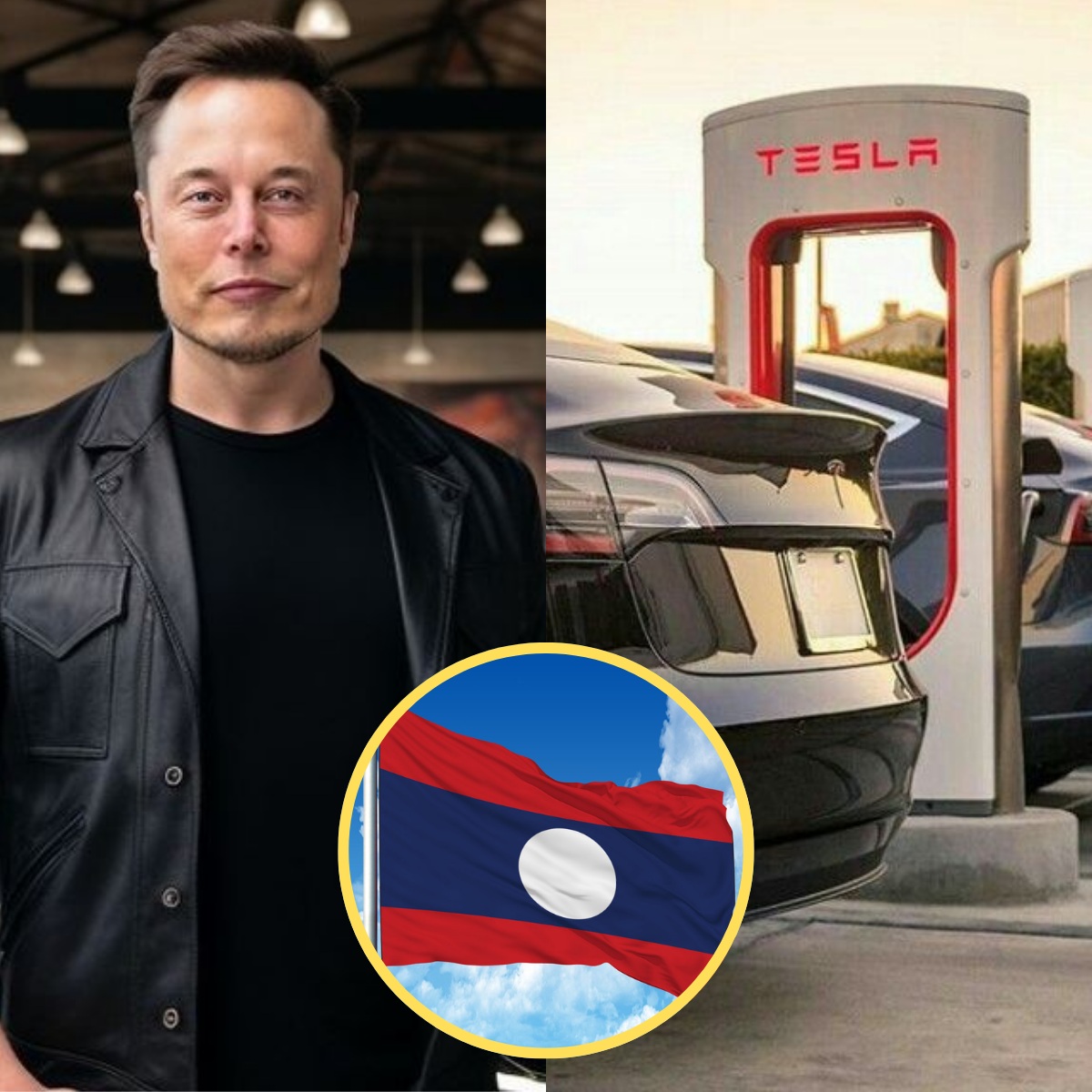
In conclusion, while Tesla faces significant market challenges and competitive pressures globally, the dramatic claim that Laos has shut down Tesla and the US auto industry is unfounded. Tesla continues to operate and innovate, albeit amid a rapidly evolving and highly competitive automotive landscape. Musk’s leadership and Tesla’s technological advancements remain central to the company’s efforts to regain momentum and maintain its position in the global electric vehicle market.

